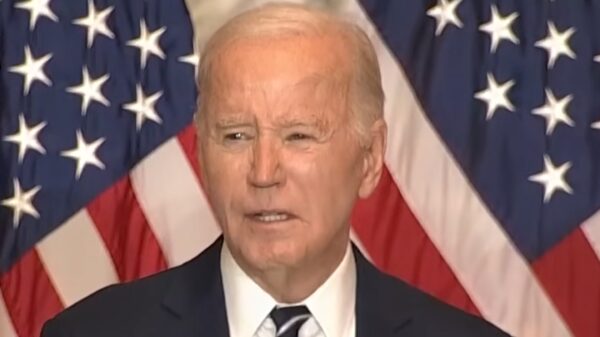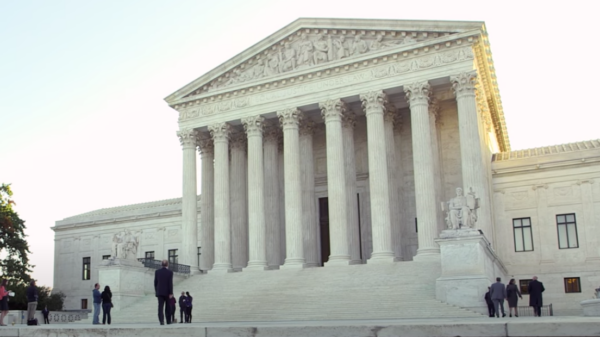Banned

Youtube
The National Association of Intercollegiate Athletics (NAIA) banned transgender athletes from competing in women’s sports, citing a responsibility to ensure fair and safe competition for all athletes as well as compliance with Title IX’s requirement of separate and equal opportunities for female athletes.
Biological males

ABC News
The new policy, which takes effect August 1, prohibits biological males from participating in women’s sports but allows participation by biological females and transgender athletes who have not begun hormone therapy.
Eligible

ABC News
“Participation by students in sports designated as male by the NAIA: All eligible NAIA student-athletes may participate in NAIA-sponsored male sports,” the organization said.
Hormone therapy

Youtube
It also permits limited participation for transgender athletes undergoing hormone therapy at the discretion of member institutions.
Unanimously

Youtube
The NAIA Council of Presidents unanimously approved the policy change, with NAIA President Jim Carr stating it aligns with the original intent of Title IX to provide separate but equal competitive opportunities for women.
Participation

Youtube
“Participation by students in sports designated as female by the NAIA: Only NAIA student-athletes whose biological sex* is female may participate in NAIA-sponsored female sports,” the NAIA stated.
Competition

Youtube
“All activities that are internal to the institution (does not include external competition), including workouts, practices, and team activities. Such participation is at the discretion of the NAIA member institution where the student is enrolled,” they added.
Enrolled

Youtube
“External competition that is not a countable contest as defined by the NAIA. Such participation is at the discretion of the NAIA member institution where the student is enrolled.”
Responsibility

Youtube
“We know there are a lot of different opinions out there,” NAIA president Jim Carr said. “For us, we believed our first responsibility was to create fairness and competition in the NAIA…. We also think it aligns with the reasons Title IX was created. You’re allowed to have separate but equal opportunities for women to compete.”
College athletics

pixabay
The NAIA governs small college athletics programs separate from the NCAA, with 241 member institutions.


































